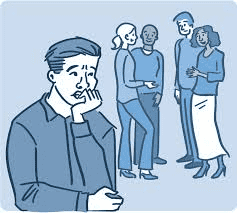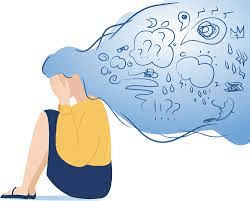Coping with anxiety may seem like a daunting task, but it doesn’t have to be. There are many effective ways to relieve your feelings of anxiety and manage it on a daily basis. Some of these methods include practising relaxation techniques, getting plenty of sleep, and eating a healthy diet. In addition, asking for support from friends and family can be helpful. In addition, it is important to take medications as prescribed. You should also attend therapy sessions and complete assignments as directed.
The first step to coping with anxiety is to recognise what triggers it. If you’re anxious about a specific situation or object, try writing down what you’re worried about and how you can overcome it. Next, break the problem down into small steps or tasks. Try the easiest one first, and then move on to the next step until you’re confident.
Avoidance is a common anxiety symptom. This behaviour results in you missing out on important experiences. Sometimes, this is because you’re afraid of the consequences of those triggers, or you’re simply not feeling up to them. Fortunately, you can learn to tolerate uncomfortable physical symptoms and reduce the number of these behaviours. Learn more from Mental Health Training Courses provided by tidaltraining.co.uk/mental-health-courses/
Taking deep, slow breaths helps calm your mind and reduce anxiety. Avoid taking quick, shallow breaths, as this can exacerbate your condition. Additionally, it’s important to avoid excessive alcohol and caffeine intake, which can increase blood pressure and restrict the blood vessels. Lastly, talk to your doctor about your specific triggers.


